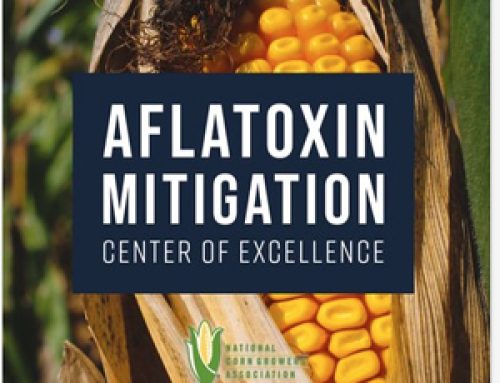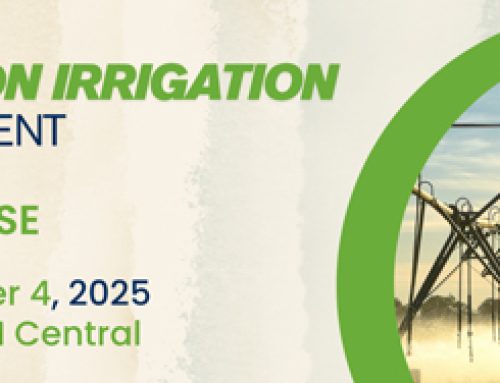Anthony Collins, SyngentaChief Executive Jeff Rowe says that the information Syngenta collects from U.S. farmers is handled responsibly. ANTHONY COLLINS/SYNGENTA
by Patrick Thomas, Wall Street Journal
PRINCETON, Ill.–For years, Syngenta Group has been considered a critical partner to thousands of American farmers. Its new chief executive is trying to ward off a different perception: that it poses a threat to U.S. national security.
Jeff Rowe in January took over the agriculture company, which has its headquarters in Switzerland and is a subsidiary of China National Chemical, a state-owned enterprise known as ChemChina.
Since ChemChina’s $43 billion takeover in 2017, the company has faced mounting roadblocks to its business in the U.S., where it remains the biggest pesticide supplier by sales to farms and a major seller of crop seeds.
Syngenta owns about 1,500 acres of U.S. farmland for research, development and regulatory trials. But several states are fortifying restrictions on foreign companies’ ownership of U.S. farmland. Some state and federal lawmakers say they want to ensure that the Chinese government can’t use farmland to facilitate spying or wield its influence over food supplies in a conflict.
Rowe, a former DuPont Pioneer executive who ran Syngenta’s largest business unit before becoming CEO, is a critical part of the company’s efforts. Despite living in Switzerland, he travels back to his hometown of Princeton, Ill., a city of about 8,000 people, a few times a year to help plant and harvest a couple thousand acres of corn and soybeans.
When meeting with skeptical policymakers, Syngenta details the company’s impact on the agricultural economy in a given state, how many employees it has and what new products it is bringing to market for farmers, he said. Lawmakers frequently ask him about the data the company collects from its farmers, which he says is handled responsibly.
“Despite the publicity, we’re out in the local communities–farmers know us and respect us,” said Rowe, 51 years old, while riding a seed planter at his parents’ family farm in Princeton. “If I see someone on the street in Princeton, they think ‘that’s Jeff Rowe. I know who that is–he’s not a Chinese spy.'”
Syngenta’s geopolitical balancing act also comes at a time when agriculture companies are facing a pullback in farmer spending as grain prices decline and crop chemical prices deflate. Farmer income is expected to drop nearly 30% in 2024, according to the U.S. Agriculture Department. That could temper farmers’ spending with firms such as Syngenta, whose sales in 2023 fell 4% from a year earlier, to $32 billion.
Syngenta is working to cut costs in its office operations and supply chain for producing its farm products, Rowe said. Plans to pursue an initial public offering in China or exchanges in Europe remain on the shelf, for now. Geopolitical issues make a New York listing less likely, he said.
To read the entire article click here.





